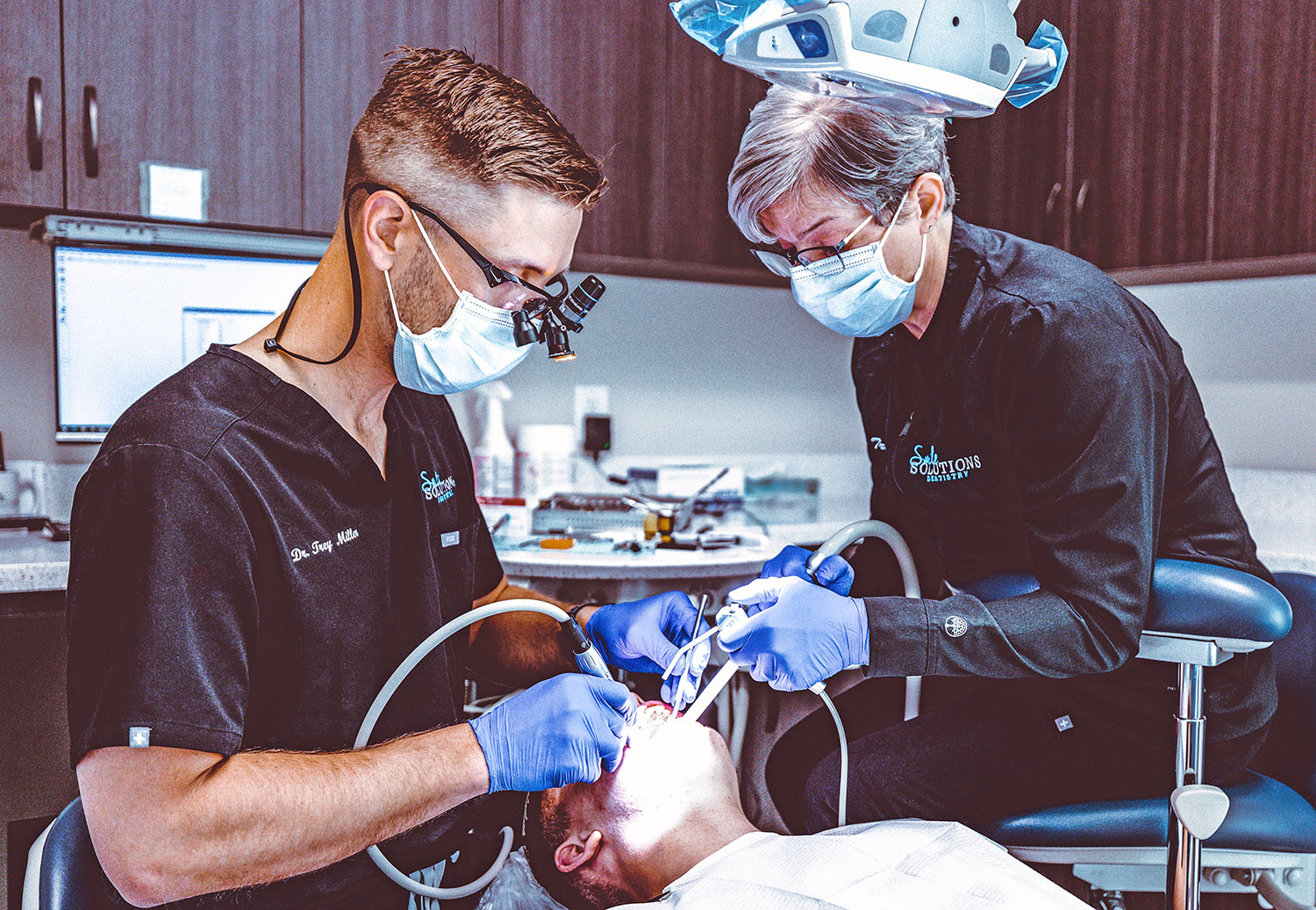A Comprehensive Guide to Dental Veneers
Do you have teeth that are stained, misshapen, or misaligned? If so, dental veneers may be the perfect solution for you. Veneers are thin shells of porcelain that are bonded to your natural teeth to improve their appearance and function. If you’re considering getting veneers, here is a comprehensive guide to help you understand their advantages.
Because veneers are made from porcelain, they’re highly durable and resistant to staining and discoloration.
What Do They Do?
Veneers offer a wide range of benefits and can be used to treat issues like stained teeth, chipped teeth, misalignment, gaps between teeth, and more. They can also be used to create a uniform look if you have different-sized teeth. Your dentist will take impressions of your mouth to create custom veneers that fit perfectly over your existing teeth.
Dental Veneer Benefits
One of the main advantages of dental veneers is that they require minimal preparation. Unlike traditional crowns which require significant tooth reduction, veneers only require a small amount of enamel removal before being applied. This means that you don’t have to worry about losing any healthy parts of your tooth structure in the process. Additionally, because they’re made from porcelain they’re highly durable and resistant to staining and discoloration. You won’t have to worry about them yellowing or wearing down over time like other dental treatments would be prone too!
Veneers also provide an instant smile makeover as they can completely transform the look of your smile in just a single visit. Your dentist can customize each veneer according to size, shape and color so it blends seamlessly with your existing teeth while still giving you the desired results. Plus, they look extremely natural so no one else will even know you’ve had them done!
Maintenance & Durability
When cared for properly, dental veneers can last anywhere from 7-15 years or longer depending on how well you take care of them. To ensure their longevity it’s important that you brush twice daily with fluoride toothpaste and floss at least once per day in order to prevent plaque buildup which could damage them over time. It is also recommended that you avoid biting hard foods or objects like ice as this could cause them to chip or break off prematurely. Additionally visit your dentist regularly for check-ups as they will be able to monitor the condition of your veneers and alert you if any repairs need to be made.
Conclusion
All in all, dental veneers are an effective way of improving the appearance and functionality of your smile without having to undergo major procedures like crowns or bridges! They provide immediate results with minimal preparation required while still being highly durable and long lasting when properly taken care off! So if stained, chipped or misshapen teeth have been causing embarrassment when speaking or smiling then why not consider getting dental veneers today? Talk with your dentist about what options are available for improving the appearance and function of your smile!




